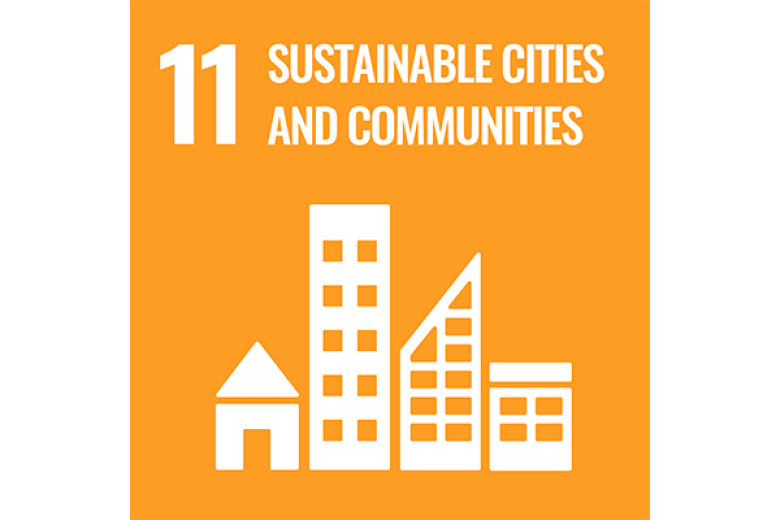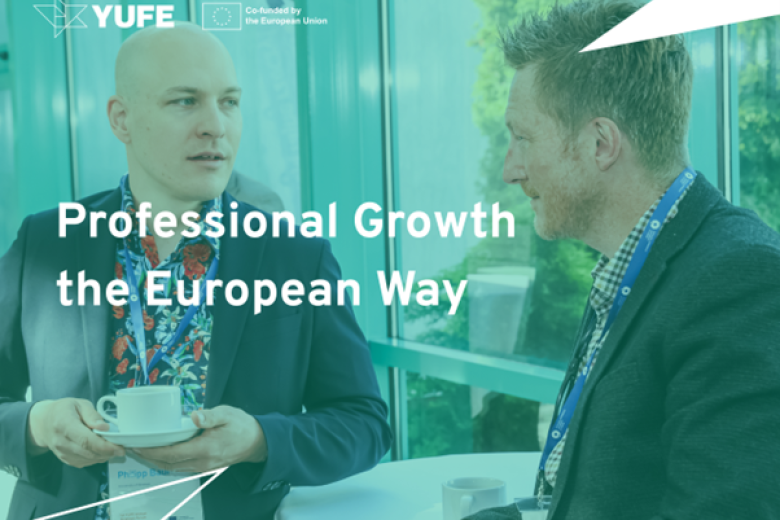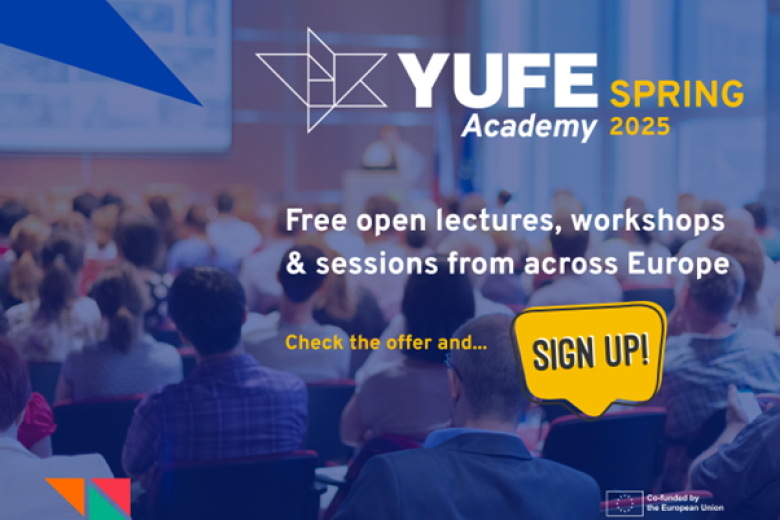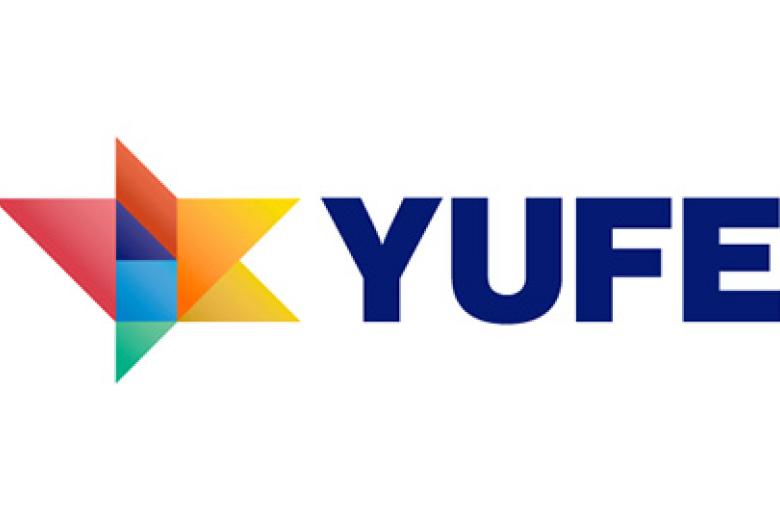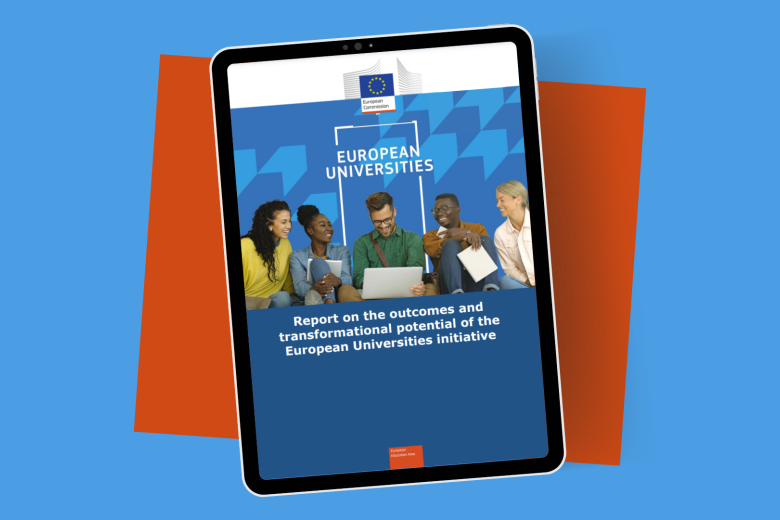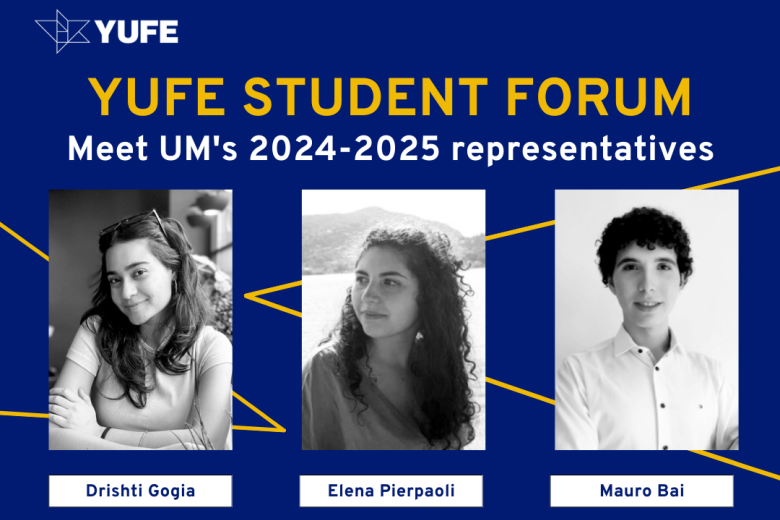Maak kennis met professionele (virtuele) mobiliteit! Met een (virtuele) training, bezoek of detachering bij een van de YUFE-partners kun je je horizon verbreden, je expertise vergroten en nieuwe vaardigheden leren.
Toegekend startfonds academisch jaar 2023-2024
Taking a trans-disciplinary approach to explore the impact of shocks on the transition to a fossil-free society
With this proposal, we would like to contribute to a better understanding of shocks and the impact they can have on the transition to a fossil free society. The challenge is to connect sustainability transition research with insights on shocks/crisis in other disciplines (crisis management, information management, psychology etc.) to inform better policy outcomes. The result of this research would be to help stakeholders (e.g., policymakers, emergency services, citizens) respond to shocks in a way that can promote - or accelerate – the transition to a fossil-free society.
This is a collaborative project between the faculty of FPN, SBE and FSE. If you need more information on this project you can contact Nicole Rijkens.
Accelerating the transition to a fossil-free society - Aligning science, law, and strategy in fostering the shift to biobased products
The transition to a fossil-free society involves a shift in production and consumption of fossil fuel (FF) based products (e.g., petroleum, coals, gas) to alternative non-fossil fuel (non-FF) based products, including biobased products based on bioenergy (made from biomass), such as wood, energy crops, crop residues, and organic waste. This shift is urgently needed to address the challenges of climate change. The transition to a FF-free society is based on the fundamental premise that the greenhouse gas (GHG) emissions from FF-based products (“carbon footprint”) are higher than those of biobased products, and that the uptake of biobased products is sustainable (i.e., does not create other environmental or societal costs) and inclusive.
As a result, to enable and accelerate this transition, it is of key importance (1) to measure accurately the environmental impact of emissions from FF and biobased products (a question of natural science); and, using the outcome of this research, (2) to establish a regulatory framework incentivizing the transition from FF-based to biobased products, taking into account the environmental impact of their emissions and sustainability criteria (a question of law); and, based on (1) and (2), (3) to develop an industry strategy across global value chains (GVC) for companies to seize the opportunities of the shift to biobased products (a question of strategy). Our collaboration aims at matching these questions in an interdisciplinary manner.
This is a collaborative project between the faculty of FSE, SBE and LAW. If you need more information on this project you can contact Dominic Coppens.
The role of STEM education in the production of greenhouse gases
There is no doubt that training future STEM scientists is one of the most prospective tools to define and implement long-term solutions within the global sustainable development goals. Consequently, multiple highly specialized study programs are constantly being introduced at universities worldwide. However, together with a rapidly increasing number of students, this raises the following question: is STEM education toward greener solutions still sustainable itself? What is the long- and short-term impact of the STEM education on the environment, but also the health and well-being of the students and staff members of Maastricht University (UM)?
The main aim of the project is to involve students in performing a qualitative and quantitative analysis of the GHG emissions at UM, initially focusing on STEM-related activities, and broadening the research question towards the occupational safety and health of all of our students and staff members. In parallel, the obtained systematic knowledge will be used as a starting point for the general UM initiative, to raise awareness, and propose potential interventions for educational practices.
This is a collaborative project between the faculty of FHML, SBE and FSE. Contact Katarzyna Maria Dziubinska-Kuehn for more information on this project.
GREEN-UP: Green Renewable Energy from Urine: Production of Bacterial Ammonia: Biological prototype, Life cycle analysis, Business plan and IP strategy
We propose an innovative proof-of-concept technology to manage and valorise nitrogen (N) from urea of urine to reduce environmental emissions and support the battle against climate change. Energy from fossil resources could be manufactured more sustainably through fermentation. Therefore, we propose the development of a carbon-neutral route to produce green bacterial ammonia that could serve as both biofuel for transportation and an energy carrier (to package and store hydrogen) from abundant, low-cost urine or sewage. We will use our well known methods for genetic engineering of Clostridium. Moreover, a life cycle assessment will be performed to assess and quantify the carbon footprint of the products and compare it with conventional ammonia production. The project will also create a state-of-the-art business plan, based on the business model canvass methodology and looking specifically at market potential and industrial scalability. Finally, the project will deliver a detailed IP plan in collaboration with Brightlands.
This is a collaborative project between the faculty of FHML, SBE and Law.
-
Optimism as a source of renewable energy in the transition towards a fossil-free society
-
Taking a trans-disciplinary approach to explore the impact of shocks on the transition to a fossil-free society
-
Accelerating the transition to a fossil-free society - Aligning science, law, and strategy in fostering the shift to biobased products
-
The role of STEM education in the production of greenhouse gases
-
GREEN-UP: Green Renewable Energy from Urine: Production of Bacterial Ammonia: Biological prototype, Life cycle analysis, Business plan and IP strategy
Toegekend startfonds academisch jaar 2022-2023
Biobased materials: towards more efficient to patient-friendly chemotherapy
Being one of the greatest health threats, cancer has a direct impact on society. Contribution to cancer curability present a relevant technological, social and economic impact in line with the SDG goal of Good health and well-being.
In conventional chemotherapy, anticancer drugs travel through the body affecting healthy cells and causing severe side effects. Thus, an efficient anticancer therapy must combine cancer cell-killing activity with targeting properties.
The fundamental aim of our study is to develop biobased, degradable drug carriers with high affinity and selectivity toward cancer cells. The outcome of our research is envisioned to improve the efficiency of administration and biocompatibility of anticancer drugs, thereby reducing the side effects of chemotherapy.
The interdisciplinary collaboration will bridge between chemical and medical sciences to develop a novel biobased material (drug carrier) that would advance towards a patient friendly anticancer therapy. To reach that goal, Aachen-Maastricht Institute for Biobased Materials (AMIBM) will collaborate with Department of Pharmacology & Toxicology (PharTox). With Sustainability UM2030 grant, we want to demonstrate the importance of the topic and its feasibility. Our team is committed to establish a strong collaboration that will continue beyond the seed fund phase.
Contact Jacek Walkowiak to know more about this research project.
Plant Planet Plate: Limburg
Enhancing and protecting biodiversity is of interest to all, especially in the face of ongoing climate change. There are numerous intimate entanglements between humans and other species, many of which have shaped the course of entire histories and cultures. The plant humanities approach celebrates these overlaps, relying on humanistic theories, models, and ideas to explore and better understand the natural world.
Plant Planet Plate: Limburg is an interdisciplinary project whose aim is to generate an open-access, peer-reviewed, multimedia digital essay archive using JSTOR Juncture on the flora of Limburg. The plant narrative essays will be no more than 3000 words in length, available in multiple languages (Dutch, English, Limburgs, French, German), and feature multimedia elements to creatively capture the colourful lives of plants and their relationships with humans. Whether they are used as food, medicine, considered magical, or all three – we are documenting and thus safeguarding this valuable local ecological and folk knowledge about the plants of Limburg. We are especially interested in collecting recipes and showcasing student-created botanical illustration. This project unites scholars based in disciplines of ethnobotany / food studies / medical anthropology (Thao Dam - FHML), botany (Roy Erkens - FSE), and digital humanities (Aodhán Kelly - FASoS).
The role of STEM education in the production of greenhouse gases
There is no doubt that training future science, technology, engineering, and mathematics (STEM) scientists is one of the most prospective tools to define and implement long-term solutions within the global sustainable development goals. Consequently, multiple highly-specialized study programs are constantly being introduced at universities worldwide. However, together with a rapidly increasing number of students participating in these laboratory classes, this raises the following question: is STEM education of students toward greener solutions still sustainable itself?
In this project, we will employ non-dispersive infrared (NDIR) spectroscopy to investigate the gaseous waste, especially greenhouse gases, produced during the laboratory work done by students at UM, and discuss its contribution to local air pollution. Based on the obtained results, we will verify to which extent the practical laboratory education of the Maastricht STEM students has an impact on the environment. Finally, long-term recommendations will be offered, to set an example for other study programmes, research facilities, and SMEs in the Limburg province.
Contact Katarzyna Dziubinska-Kühn for more information about this research project.
Impact of recycled plastic food packaging
Impact of recycled plastic food packaging on human health in a circular economy: a case study using a combined approach of bioassays and LCA
Our society runs on what the earth gives us: we use the raw materials for food, shelter, heat, clothing, electrical appliances and mobility. The need for raw materials is only increasing. In 2050 there are expected to be more than nine billion people who need sufficient food and water and want to live in prosperity. To make this possible, the circular economy is needed.
Plastics are polymers and come in many forms, from the transparent plastic sandwich bags to the hard coloured Lego building blocks. After the plastic has been used, it reaches the waste phase, where it may be upgraded again to reusable raw materials, based on the objective of the circular economy. New plastic recycling processes are emerging such as the chemical recycling processes, which chemically breakdown the plastics, and mechanical recycling to maintain the quality of recycled plastic as high as virgin plastics. This makes the choice of the recycling process very challenging. To find the best recycling process, Life Cycle Assessment (LCA) is a proven tool as it is aimed to quantify the environmental impacts associated with the entire lifecycle of food packaging starting with the raw material extraction, then going through the manufacturing, transport, and use stages, and finally ending with the disposal stage.
However, all the impacts associated with human health cannot be addressed by LCA especially when the reusable plastics are used as food packaging materials. It is currently not known what the effect of the recycling process of plastics and their use in the food industry is on the safety aspects of food products. For example, if these products release contaminants or microplastics, this might influence human health in the end. It is therefore of outmost important to investigate the migration/leakage of contaminants and microplastics from recycled food packaging materials to food and the subsequent exposure of consumers to these chemicals and particles.
The current interdisciplinary collaboration will benefit from both LCA and bioassays to quantify as realistically as possible the total impacts of recycled plastic food packaging on human health.
Contact Misha Vrolijk for more information on this research project.
Toegekend startfonds academisch jaar 2021-2022
De eerste oproep om in te schrijven voor dit startfonds werd medio 2021 geplaatst. In december 2021 werden de eerste twee onderzoeksprojecten gehonoreerd met startfonds. Lees hier meer over de projecten in het Engels:
Foodsy
Do you follow a healthy diet? Even in a country like the Netherlands, around 85% of adults do not meet the recommended intake of fruits and vegetables. After World War II, steps to prevent hunger resulted in the production of too much meat, butter, and other unhealthy products with a high impact on the environment. This food chain is neither healthy nor sustainable.
The interdisciplinary team FOODSY (for ‘Food Systems’) brings together UM researchers from disciplines including artificial intelligence, data science, toxicology, biobased materials and sustainable development. Together, they will develop sustainable food systems that have low environmental impact and result in food with high nutritional value. Their approach includes efficient use of waste from the production process, for instance to create bio-based plastics, and artificial intelligence as a tool to support decision-making and measure the impact on the food, climate and environment.
The FOODSY team will use the Sustainability UM2030 grant to develop their research agenda. By demonstrating the strength of their collaboration, the FOODSY team is determined to establish a long-term collaboration that continues well past the scope of this seed fund. Their ultimate goal is to contribute to solving malnutrition – first in the Netherlands, then worldwide.
The FOODSY team consists of prof. Anna Wilbik (DKE), prof. Theo de Kok (TGX), prof. Pim Martens (UCV), prof. Ralf Peeters (DKE), prof. Frank Thuijsman (DKE) and prof. Yvonne van der Meer (AMIBM).
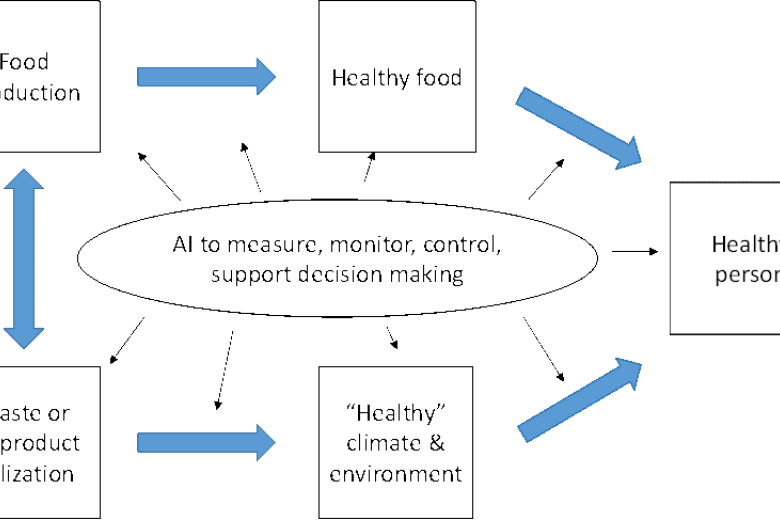
OpenYUFE
Met YUFE kun je je diploma verrijken en losse academische cursussen volgen, nieuwe talen leren en professionele vaardigheden ontwikkelen - allemaal via het OpenYUFE-programma, dat gratis voor je wordt aangeboden. Geef vorm aan je leertraject door te kiezen voor cursussen en activiteiten online, op locatie, of een combinatie van beide. Je kunt OpenYUFE gebruiken als een kans om naar het buitenland te reizen, of je kunt losse academische cursussen online volgen en zo het onderwijs aan verschillende Europese universiteiten ervaren vanuit het comfort van je eigen huis; de keuze is aan jou. Het beste van alles? Je kunt op elk moment deelnemen aan YUFE, naast je studie.
Klik hier voor meer informatie.
YUFE Minors
Met YUFE kun je ook grotere onderwijsmodules volgen in heel Europa, met minors die zijn gestructureerd als 30 ECTS-modules. YUFE Minors bieden een blended learning-ervaring, waarbij verplichte fysieke mobiliteit wordt gecombineerd met online cursussen van andere YUFE-universiteiten en een YUFE Challenge-cursus; een toegepast project dat betrokkenheid met de lokale gemeenschap stimuleert.
Klik hier voor meer informatie.
BioYUFE
BioYUFE biedt studenten die zijn ingeschreven bij Biologie of Life Sciences aan een van de YUFE-partneruniversiteiten de kans om keuzevakken te volgen binnen de hele alliantie. Het onderwijsaanbod wordt gedeeld en de roosters worden op elkaar afgestemd, zodat studenten kunnen profiteren van een breed scala aan cursussen. De meeste BioYUFE-cursussen worden online en in het Engels aangeboden.
Klik hier voor meer informatie. Zodra je op de pagina bent, scroll dan naar beneden naar ‘Master the Future of Life Sciences'.
YUFE Bachelor
Het gezamenlijke bachelorprogramma Urban Sustainability Studies is nog in de implementatiefase. Naar verwachting wordt dit programma gelanceerd in het academisch jaar 25/26. De bachelor Urban Sustainability Studies is een innovatief undergraduate programma dat gezamenlijk wordt aangeboden door het consortium van universiteiten binnen de YUFE-alliantie. Dit programma speelt in op de groeiende vraag naar interdisciplinair opgeleide professionals op het gebied van stedelijke duurzaamheid.
Het programma is gestructureerd als een driejarige opleiding van 180 ECTS en volgt een studentgericht, open-curriculum aanpak, waarbij studenten veel autonomie krijgen over hun leertraject. De meeste YUFE-bachelorcursussen worden op locatie en in het Engels gegeven, met aanvullende mogelijkheden voor online academische cursussen, (vreemde) taallessen en het verbeteren van de academische Engelse vaardigheden van studenten. Studenten zullen minstens twee semesters besteden aan het volgen van een minor aan een of twee andere partneruniversiteiten binnen het consortium. Deze aanpak biedt studenten de kans om hun academische perspectieven te verbreden en zich onder te dompelen in verschillende Europese culturen.
Klik hier voor meer informatie.
Professionele mobiliteit

Nieuwe carrièrekansen
In de YUFE-vacatureportal kun je zoeken naar lokale en internationale vacatures voor zowel vaste functies als kortere opdrachten en detacheringen.

Klaar voor nog meer kennis?
Ben je klaar voor nog meer kennis? Neem dan deel aan de tweejaarlijkse YUFE Academy, waar je kennis en best practices kunt delen en uitwisselen, en belangrijke maatschappelijke uitdagingen door een Europese lens kunt verkennen.
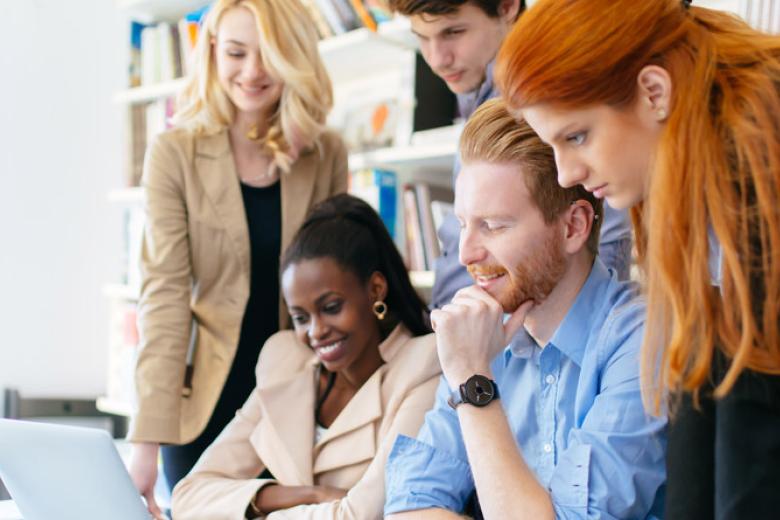
YUFE Nieuws
Voor welk onderwijs van de UM STAP-budget worden aangevraagd?
In het STAP-scholingsregister is terug te vinden voor welk onderwijsaanbod van de UM STAP-budget kan worden aangevraagd. Staat de opleiding van jouw keuze hier niet tussen? Dan is het niet mogelijk om STAP-budget voor deze opleiding aan te vragen. De UM biedt momenteel slechts nog een beperkt aanbod aan dat voor STAP-budget in aanmerking komt.
Bekijk hier het aanbod van de UM dat in aanmerking komt voor het STAP-budget:
Kom ik in aanmerking voor STAP-budget?
Er zijn een aantal voorwaarden voor het aanvragen van STAP-budget. Je komt in aanmerking voor het STAP-budget als je aan de volgende criteria voldoet:
Leeftijd
Je bent tussen de 18 jaar en de AOW-gerechtigde leeftijd.
Werk
Je bent in loondienst, ondernemer of werkzoekende.
Financiering
Je ontvangt geen studiefinanciering, tegemoetkoming onderwijsbijdrage of andere publieke onderwijsfinanciering.
Budget
Je hebt dit jaar nog geen STAP-budget ontvangen en er is vanuit de overheid nog budget beschikbaar.
Verzekering
Je bent als EU-burger in de periode van 3 tot 27 maanden vóór je aanvraag minstens 6 maanden verzekerd geweest voor de volksverzekeringen.
Start
Je programma start minimaal 4 weken na je subsidieaanvraag en uiterlijk binnen 3 maanden na sluiting van het betreffende aanvraagtijdvak van 2 maanden.
Aanmelden bij UM
Om voor STAP-budget in aanmerking te komen is het belangrijk dat je je eerst aanmeldt bij de UM voor het betreffende opleidingsaanbod. Daarbij geef je aan dat je voor STAP-budget in aanmerking wilt komen. Nadat je bent toegelaten tot het onderwijs, ontvang je van de UM een aanmeldingsbewijs.
Aanmeldingsbewijs van de UM
Na je aanmelding ontvang je van de UM een speciaal aanmeldingsbewijs dat je nodig hebt voor je aanvraag voor het STAP-budget: bij het indienen van een verzoek voor STAP-budget dien je namelijk je aanmeldingsbewijs mee te sturen naar het UWV.
Aanvraag STAP-budget
Na ontvangst van je aanmeldingsbewijs kun je een aanvraag doen voor de subsidie via het STAP-portaal op www.stapuwv.nl in de door de overheid bepaalde aanvraagtijdvakken.
Aanvraagtijdvakken
De Nederlandse overheid werkt met aanvraagtijdvakken om een STAP-budget aan te vragen. Enkel in deze periode kun je een aanvraag doen voor STAP-budget. Aangezien het aanvragen van STAP-budget zeer populair is, is het belangrijk om direct bij het openstellen van het aanvraagtijdvak een aanvraag te doen. In de regel is het budget binnen enkele uren namelijk al vergeven; wees er dus op tijd bij om je aanvraag te doen!
Aanvraagdata 2023:
- Maandag 1 mei 2023 om 10:00 uur voor programma’s die beginnen tussen 1 juni en 30 september.
- Maandag 3 juli 2023 voor programma’s die beginnen tussen 1 augustus en 30 november.
- Maandag 4 september 2023 voor programma’s die beginnen tussen 1 oktober en 31 januari 2024.
- Maandag 1 november 2023 voor programma’s die beginnen tussen 1 december en 31 maart 2024.
Als het budget voor een tijdvak benut is, probeer het dan opnieuw in een volgende aanvraagperiode.
Bedenk wel dat je enkel een aanvraag voor STAP-budget kunt doen voor opleidingen die in het STAP-scholingsregister staan en die nog niet zijn gestart op het moment dat het STAP-budget wordt aangevraagd. Je opleiding dient te starten minimaal 4 weken na je aanvraag en binnen 3 maanden na sluiting van het betreffende aanvraagtijdvak.
Bevestiging toekenning
Binnen vier weken krijg je een bevestiging van het UWV of het door jou aangevraagde STAP-budget wordt toegekend. De vroegste startdatum van een programma met financiering vanuit het STAP-budget is dus 28 dagen na je aanmelding bij UWV. Let op: na goedkeuring van het UVW wordt het STAP-budget als voorschot uitbetaald aan de UM. Je ontvangt dus niet zelf rechtstreeks het toegekende STAP-budget!
Definitieve verlening STAP-budget
Het STAP-budget wordt pas definitief verleend als je het programma volgens de voorwaarden hebt afgerond en je een bewijs van deelname, een certificaat of een diploma hebt ontvangen. Binnen 3 maanden na afloop van de opleiding, cursus of training controleert UWV of de scholing is afgerond en of aan alle verplichtingen voor de subsidieregeling is voldaan. Als dit niet het geval is, dient het budget te worden terugbetaald.
Aan de informatie op deze pagina kunnen geen rechten worden ontleend. Wil je meer weten over de exacte voorwaarden en procedures, kijk dan op de website van de Rijksoverheid.
Rector Magnificus Universiteit Maastricht
Prof. dr. Pamela Habibović (1977) is hoogleraar Anorganische Biomaterialen aan de Universiteit Maastricht. Sinds februari 2022 bekleedt zij de functie van rector magnificus van de Universiteit Maastricht. Pamela was een founding partner van MERLN Institute for Technology-Inspired Regenerative Medicine, opgericht in 2014, en voorzitter van MERLN's Department for Instructive Biomaterials Engineering. Tussen 2019 en 2022 was zij wetenschappelijk directeur van MERLN.
Na haar opleiding als chemisch ingenieur, promoveerde Pamela in 2005 aan de University of Twente, op het onderwerp materialen voor biomedische toepassingen. Na postdoctoraal onderzoek aan het Children's Hospital Boston en McGill University, startte ze in 2008 haar onderzoeksgroep aan de University of Twente. In 2014 maakte ze de overstap naar de Universiteit Maastricht. De belangrijkste focus van haar onderzoek ligt op synthetische bottransplantaat substituten, bio-anorganische chemie, nanomaterialen voor theranostics binnen regeneratieve geneeskunde en high-throughput benaderingen in onderzoek naar biomaterialen. Voor haar onderzoek ontving zij de prestigieuze Veni, Vidi, Aspasia en Zwaartekracht subsidies van de Nederlandse Onderzoeksraad NWO, naast andere externe onderzoeksfondsen.
Pamela Habibović was voorzitter van de European Society for Biomaterials tussen 2017 en 2021 en Associate Editor van het RSC tijdschrift Biomaterials Science tussen 2019 en 2022. In 2017 ontving zij de Jean Leray Award van de European Society for Biomaterials en in 2021 werd zij verkozen tot Fellow van de Royal Society of Chemistry. Ze heeft meer dan 100 peer-review artikelen gepubliceerd over het onderwerp biomaterialen en regeneratieve geneeskunde.
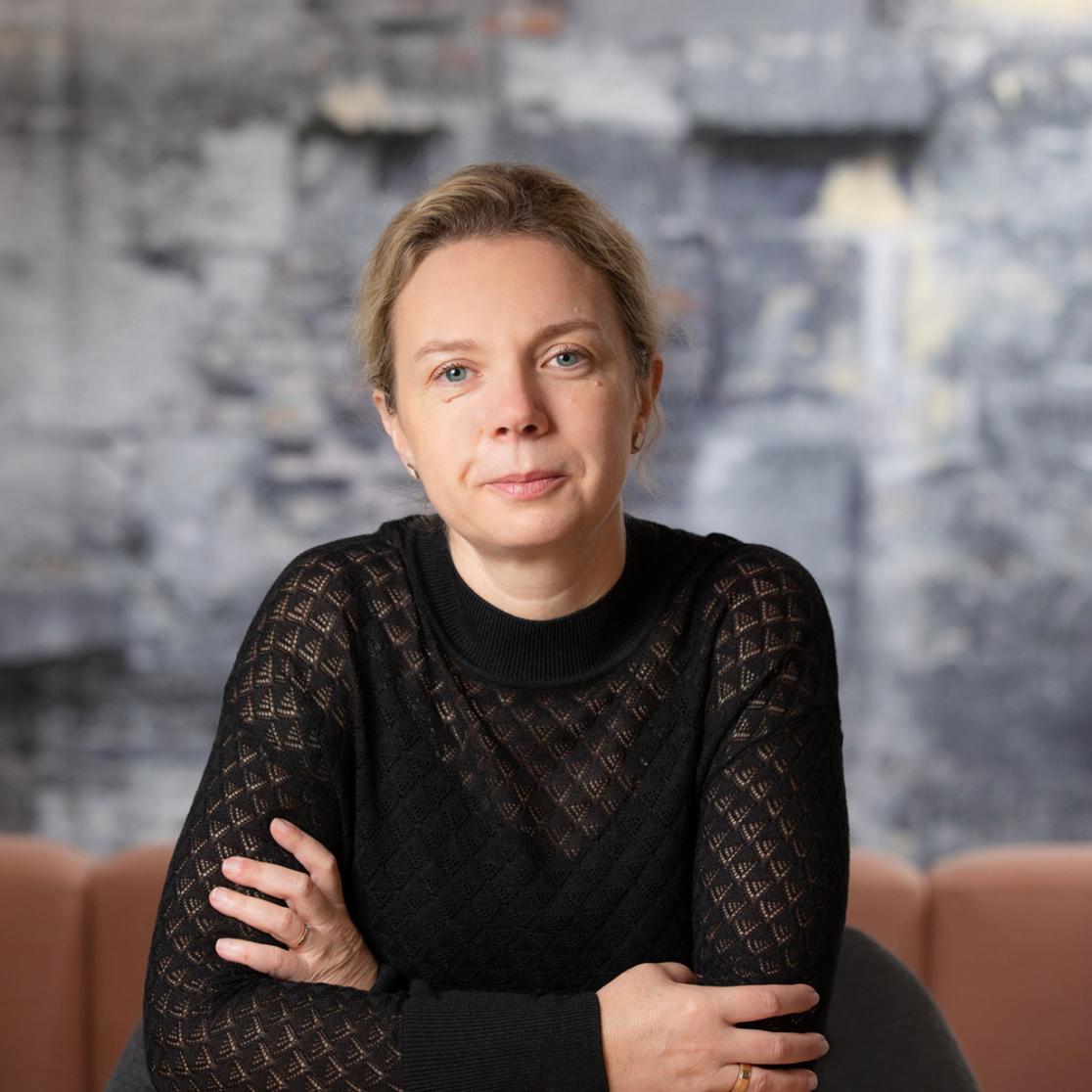
Rectoraat
Janice Jacobs
+31 43 38 83153
Nevenfuncties uit hoofde van hoofdfunctie:
- EWORA, Institutioneel lid
- Nederlands Studenten Orkest, Lid Adviesraad
- Philharmonie Zuidnederland, Ambassadeur
- Research Project Maastricht, Lid Adviesraad
- Student Wellbeing, Lid/Voorzitter Adviesraad
- SWUM, Bestuurslid/Voorzitter
- Universiteiten van Nederland, Lid Stuurgroep SOO
- Universiteiten van Nederland, Lid Rectorencollege
- Regiegroep Studiesucces Caribische studenten, Lid
Research publicaties
Prof. dr. Pamela Habibović
Overige nevenfuncties:
- Elsevier Journal Acta Biomaterialia, Lid Redactieraad
- RegMed XB, Lid Strategische Adviesraad
- Royal Society of Chemistry Journal Biomaterials Science, Lid Redactieraad
- Wiley Journal Advanced Healthcare Materials, Lid Redactieraad
-
Ministerie van Onderwijs, Cultuur en Wetenschap, Lid Adviescommissie Starters- en Stimuleringsbeurzen
-
Bioceramics 34 conference, Lid Internationale Wetenschappelijke Commissie
-
World Biomaterials Congress 2024, Lid Internationale Adviescommissie
